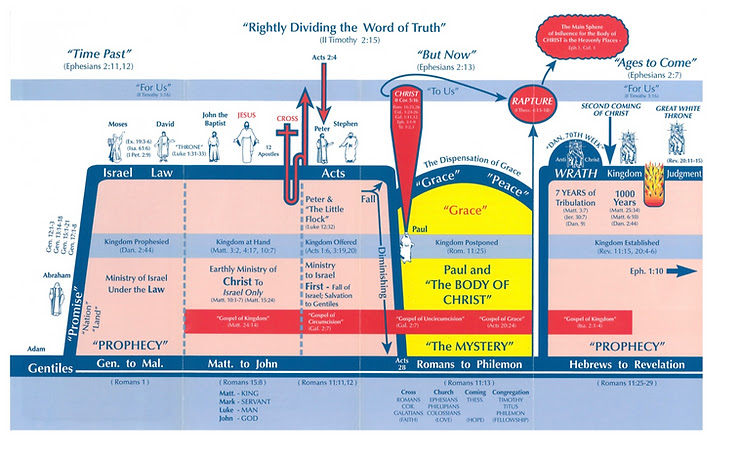Why the Bible Saw Consequences Long Before Modern Strategy
“He made a pit, and digged it, and is fallen into the ditch which he made.”
— Psalm 7:15 (KJV)
Long before economists, mathematicians, or philosophers tried to model human behavior, Scripture was already describing a moral universe governed by cause and effect. The Bible does not merely warn against evil—it explains how evil collapses under its own weight.
In modern language, this instinct to anticipate consequences is called game theory. But Scripture had the principle long before it had the math.
The Biblical Pattern: You Reap What You Set in Motion
Throughout Scripture, a repeated pattern appears:
-
dig a pit → fall into it
-
set a trap → be caught by it
-
sow violence → reap violence
-
choose deceit → inherit confusion
This is not always immediate, but it is consistent.
“Whoso diggeth a pit shall fall therein.”
— Proverbs 26:27
These sayings are not always literal. They are wisdom patterns—descriptions of how God has structured moral reality.
What Game Theory Tries to Do
Game theory asks a simple question:
“Given what others might do, what action minimizes my loss or maximizes my gain?”
It studies:
-
strategic choices
-
consequences
-
feedback loops
-
repeated outcomes
In other words, game theory tries to avoid digging pits by predicting where they are.
A classic example is the Prisoner’s Dilemma:
Selfish behavior seems smart in the short term, but when everyone acts selfishly, everyone loses.
That observation would not surprise Solomon.
Where Game Theory and Scripture Overlap
Both recognize:
-
actions have consequences
-
short-term gain can produce long-term loss
-
selfish strategies eventually collapse
-
trust and cooperation outperform betrayal over time
Paul says it plainly:
“Be not deceived; God is not mocked: for whatsoever a man soweth, that shall he also reap.”
— Galatians 6:7
Game theory describes this reality. Scripture explains why it exists.
Where Game Theory Falls Short
Game theory assumes:
-
humans act rationally
-
success is defined by outcomes
-
morality is optional
Scripture assumes:
-
We are morally accountable
-
God oversees outcomes
-
righteousness matters even when it “loses”
Some biblical commands make no sense in game theory:
These actions look irrational by calculation—but they make sense in a universe governed by God, not probability.
The Difference Between Avoiding Consequences and Responding to Truth
Game theory asks:
“How do I win?”
Scripture asks:
“What is right?”
Game theory tries to outsmart consequences.
Biblical wisdom teaches us to walk in the fear of the Lord, trusting Him with the outcome.
David didn’t avoid pits by strategy alone—he trusted God’s justice:
“The LORD shall judge the people.”
— Psalm 7:8
Why This Matters Today
Modern society often treats morality as negotiable and consequences as manageable. But Scripture insists otherwise.
You cannot:
-
rewrite the rules of sowing and reaping
-
escape the moral structure God built
-
dig wisely enough to avoid every pit
Wisdom is not merely foresight—it is obedience.
Final Thought
Game theory is man's attempt to map consequences without God.
The Bible reveals a world where consequences exist because God is righteous.
“The fear of the LORD is the beginning of wisdom.”
— Proverbs 9:10
That wisdom was never hidden. It was written plainly—for those with eyes to see and ears to hear.
